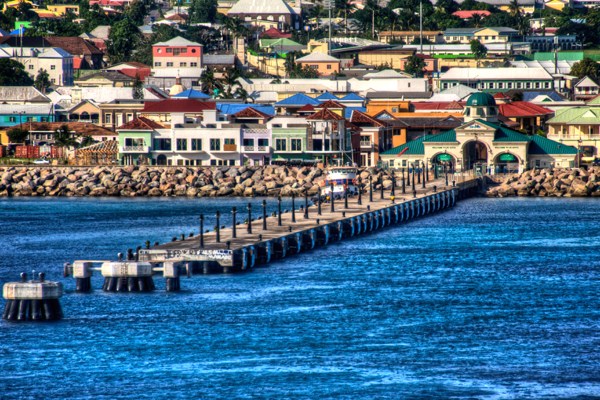Last week, the opposition Team Unity coalition ousted the Labour party in St. Kitts and Nevis’ parliamentary election after 20 years in power. In an email interview, Wouter Veenendaal, a postdoctoral researcher at the Royal Netherlands Institute of Southeast Asian and Caribbean Studies, discussed domestic politics in St. Kitts and Nevis.
WPR: What led to the success of the Team Unity coalition over the long-ruling Labour Party in recent election?
Wouter Veenendaal: The election victory of Team Unity can be explained by a number of factors. First, the Labour Party and its leader Denzil Douglas ruled St. Kitts and Nevis for 20 years, and Douglas was the longest-serving prime minister in the Americas. Based on the typical dynamics of the country’s Westminster political system, a change of leadership could be expected: In Westminster systems, power commonly alternates between the largest political factions, and Team Unity recently became the largest political force in the Caribbean nation.

